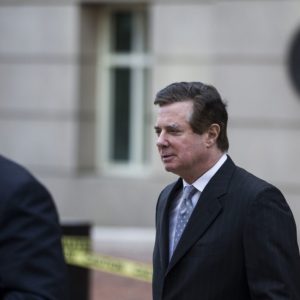
My law degree wasn’t meant for money laundering. But boy, it would make it easy.
Anonymous companies are ubiquitous in most money-laundering schemes, and in the allegations against Trump campaign associates Paul Manafort and Richard Gates. Shell companies are formed with no record of the true owners, and because they are so easy to set up — especially if you’re a lawyer — you can easily layer dozens of them to confuse investigators and hide dirty money.




